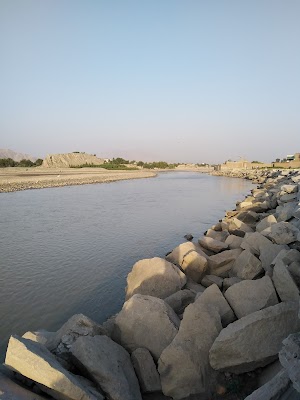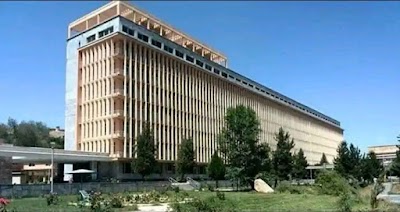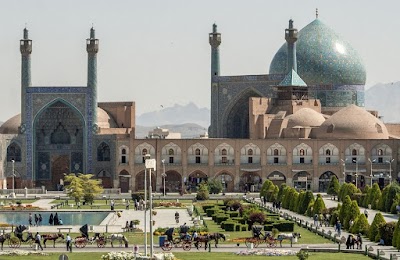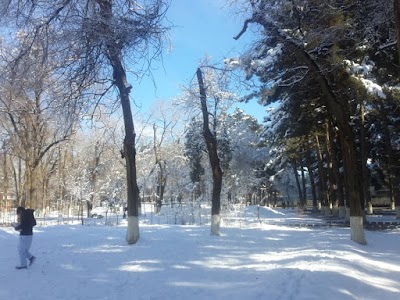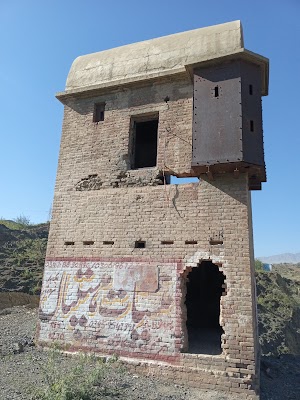Kabul River (رود کابل)
Overview
The **Kabul River** is a mesmerizing waterway that originates in the majestic **Hindu Kush mountains** of Afghanistan, winding its way through the vibrant heart of Kabul before continuing its journey into Pakistan. This river is steeped in a rich tapestry of history, culture, and natural beauty, making it an intriguing destination for foreign tourists eager to delve into Afghanistan’s heritage and diverse landscape.
Spanning approximately **700 kilometers** (about 430 miles), the Kabul River meanders through a variety of terrains, from rugged mountainous regions to the bustling urban environment of Kabul city. Historically, the river has played a vital role in the development and sustenance of the civilizations that arose along its banks. Its waters have been essential for irrigation, drinking, and as a natural boundary during times of conflict. The river has been a silent observer of Afghanistan’s tumultuous history, witnessing the rise and fall of ancient empires, trade routes, and modern-day challenges.
As you explore the **Kabul River**, you'll uncover its deep significance in Afghan culture and daily life. In ancient times, the river was a crucial part of the great **Silk Road**, the ancient network of trade routes that connected East and West. This historical connection means that the Kabul River has seen countless merchants, travelers, and explorers cross its waters over the centuries, facilitating not only trade but also the exchange of ideas, technologies, and art that enriched the civilizations along its path.
A visit to the Kabul River is incomplete without experiencing its **natural beauty** and the vibrant life that flourishes around it. The riverbanks are dotted with picturesque spots, perfect for a leisurely picnic or a moment of peaceful reflection. Here, you can observe local fishermen casting their nets, farmers tending to their fields, and children splashing joyfully in the shallow waters. The river supports a variety of wildlife, contributing to the region’s biodiversity. Birdwatchers will be delighted to spot various species, adding a layer of serenity and charm to the landscape.
One of the most fascinating aspects of the Kabul River is its role in the **modern urban landscape** of Kabul city. Despite the urban sprawl, the river remains a lifeline for the city. Strolling along the riverbanks offers a unique perspective on how contemporary life harmonizes with historical traditions. The striking contrast between ancient structures and modern developments vividly illustrates Afghanistan's resilience and adaptability through time.
For those interested in architectural and historical sites along the Kabul River, several significant landmarks are worth exploring. The **Bala Hissar fortress**, perched on a hill overlooking the river, is a must-visit. This ancient citadel has served various purposes over the centuries, from a royal palace to a military stronghold, and has witnessed numerous historical events. The adjacent gardens and the picturesque river below provide breathtaking views and an ideal spot for photography enthusiasts.
Another noteworthy site is the **Pul-e-Khishti Mosque**, one of the largest and oldest mosques in Kabul, standing majestically near the river. This mosque is not only a place of worship but also a stunning example of Islamic architecture, featuring intricate designs that reflect the region’s artistic heritage. Its close proximity to the river highlights the essential role that waterways have played in the development of Afghan settlements over time.
Don’t miss the lush greenery of the **gardens and parks** that line the riverbanks. These areas offer a tranquil escape from the hustle and bustle of the city. Gardens like **Bagh-e-Babur**, the final resting place of the first Mughal emperor Babur, provide a serene environment for visitors to relax, absorb historical significance, and enjoy stunning views of the Kabul River.
In recent years, various initiatives have been launched to revitalize the **Kabul River’s ecosystem** and improve the quality of life for those who depend on it. Efforts to clean and restore the river are underway, showcasing a growing awareness and commitment to environmental conservation in Afghanistan. These initiatives underscore the importance of the Kabul River not just as a historical and cultural landmark, but also as a critical resource for sustainable development.
Visiting the Kabul River offers a multifaceted experience that beautifully combines history, culture, and natural beauty. It’s an opportunity to witness firsthand the resilience and tenacity of the Afghan people while appreciating the enduring significance of the river in their lives. Whether you are drawn by historical landmarks, idyllic picnic spots, or the chance to immerse yourself in a different culture, the Kabul River provides an enlightening and enriching journey for any traveler.


